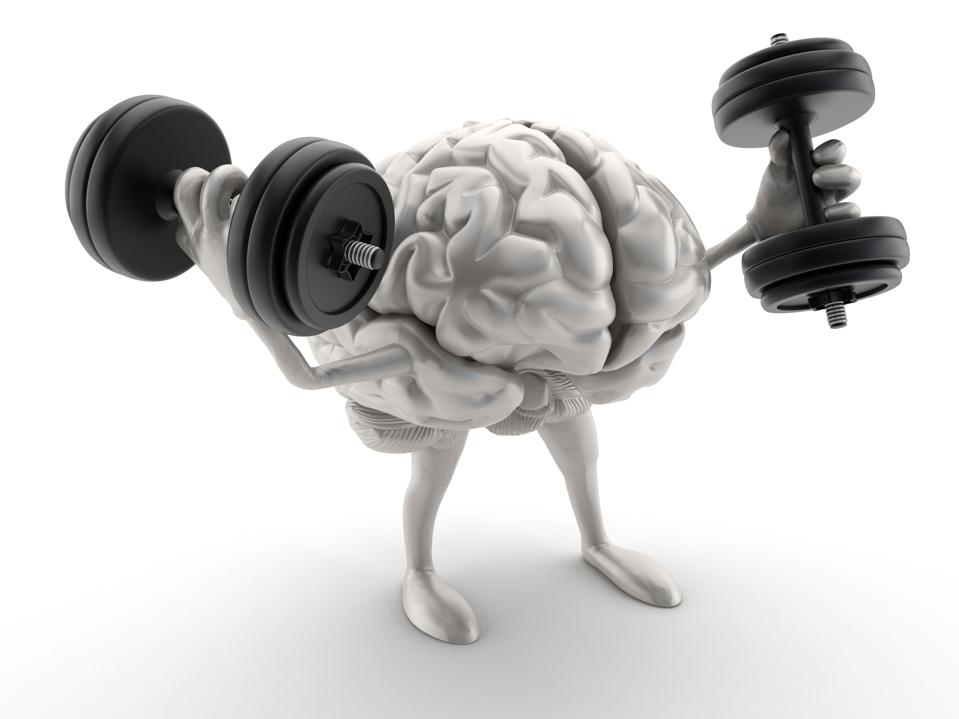Curated by the Knowledge Team of ICS Career GPS
Education

(Image Source: eschoolnews.com)
Collaborative learning advantages: Academic, social & psychological
Excerpts from article by Mahesh Subramanium, published in The Hindu
Today’s classroom is very different from earlier ones. For a more cohesive approach to learning, a partnership between the key stakeholders: learners, educators & parents is required. Collaborative learning has major advantages; not just academic but also social and psychological.
Collaborative versus competitive
Studies have shown that peer-to-peer learning is fun and engaging for students, especially when it comes in the form of digital game-based learning. Increased engagement means that students are actively participating and involved.
Collaboration also helps develop a social support system for learners and establishes a positive atmosphere, which leads to higher productivity. It is also known to lead to better retention of knowledge.
In contrast, competitive learning allows only one student to emerge at the top. This inevitably leaves other learners discouraged or unengaged.
The pressures associated with competition can also lead to mental health issues that can be detrimental to overall well-being. Additionally, when competitive learning is encouraged, earning high grades and teacher approval may seem more important than actual learning.
Bridging student-teacher relationships
When teachers work together with students, they appear to be on the same level as the students, leading to an improvement in the relationship. Being able to feel like an equal liberates students and encourages them to be more receptive to feedback.
Technology’s role
- With the pandemic accelerating the adoption of digital technology, it is vital to incorporate peer learning into the e-learning curriculum as well.
- A course developer needs to verify that collaborative tools and functions are available on the chosen Learning management system (LMS).
- An ideal LMS offers a truly connected and engaging experience for learners and teachers alike.
- LMS platforms equipped with collaborative features can help build discussion forums within and outside courses. These allow learners to share information and raise questions that can be answered by fellow peers or instructors.
- Institutions can also make forum participation mandatory, encouraging further peer-to-peer learning.
Career

(Image Credit: Getty)
Things a working brain needs to build a successful career
Excerpts from article by Bryan Robinson, published in Forbes
With modern imaging techniques, neuroscientists have advanced our understanding of the brain, how it functions and what it needs for optimal job performance.
Science shows that you can provide your brain these 10 things to keep it happy and healthy and maximise your career success:
1. Plenty of blood flow to function optimally
Studies show that exercise is good medicine, not just for limbs and heart, but for the brain as well. Exercise and movement amps up blood flow to the brain and helps slow down the onset of memory loss and dementia. You can feed your brain the excess blood it needs through aerobics, walking and stretching and toning your body.
2. Periodic breaks
Micro-breaks are effective energy management strategies and can be as simple as stretching, walking up and down stairs, gazing out a window at nature, snacking or having a five minute mindful meditation. Micro-breaks mitigate brain and decision fatigue.
3. Certain kinds of foods
Healthy brain foods boost your mood, health and work performance.
- Proteins such as meats, poultry dairy, cheese & eggs, give your brain the amino acids it needs to create neurotransmitter pathways.
- Omega-3 fatty acids such as salmon, mackerel, tuna and sardines help your brain with mood.
- Vitamin B is essential for brain wellness and can be found in eggs, whole grains, fish, avocados and citrus fruits.
- Vitamin D, found in dairy products, orange juice or egg yolks, is an important mood stabiliser.
4. Ample sleep
According to neuroscientists, sleep is restorative, whereas sleep deprivation lowers your resistance to stress and harms your brain. Studies show that sleep deprivation leads to brain stress, cloudy thinking and decision fatigue. Sleep loss makes it difficult to see the positive side of things, causing us to react stronger to stressful workplace situations; whereas, ample sleep helps us respond better to negative and positive situations at work.
5. Novelty for adaptive learning
Your brain’s ability to adapt to novel situations is essential for survival. Novelty promotes adaptive learning by resetting key brain circuits and enhances your ability to update new ideas into existing neurological frameworks. So, your brain likes it when you try new things.
6. Social connections
Studies show that social engagement mitigates cognitive decline. People who get together with friends and family, volunteer or attend classes have more robust gray matter and healthier brains. The key is to avoid social isolation and cultivate safe ways to maintain social interactions.
7. Focus instead of multitasking
When you bounce between several tasks at once, you’re forcing your brain to keep refocusing with each rebound and reducing productivity. Multitasking undermines productivity & neutralises efficiency, creating several half-baked projects that can leave your brain overwhelmed and stressed out.
8. Communication with socially diverse people
Scientists discovered that your brain acts differently when you talk to someone of a different socioeconomic background. Despite our implicit biases and prejudices, the human brain’s frontal lobe activates during conversations among employees from diverse socioeconomic backgrounds to assist in navigating communication barriers and social diverse attitudes.
9. Positivity
Research shows that, although the brain is wired for negativity, it likes optimism. Studies show that people who are enthusiastic and cheerful are less likely to have memory decline as they age. Focusing on the possible, big-picture aspects of situations enlarges your brain’s range of vision, allowing it to see more possibilities.
10. Time in nature: 120 minutes per week
A study found that your brain loves spending a minimum of two hours a week in parks, woodlands or beaches. It promotes physical and mental health and well-being and gives you a bigger perspective of your life circumstances. It doesn’t matter what activity you’re involved in, either, as long as you’re outdoors: sailing, biking, kayaking, walking or simply sitting.
(Disclaimer: The opinions expressed in the article mentioned above are those of the author(s). They do not purport to reflect the opinions or views of ICS Career GPS or its staff.)
Like this post? For more such helpful articles, click on the button below and subscribe FREE to our blog.




